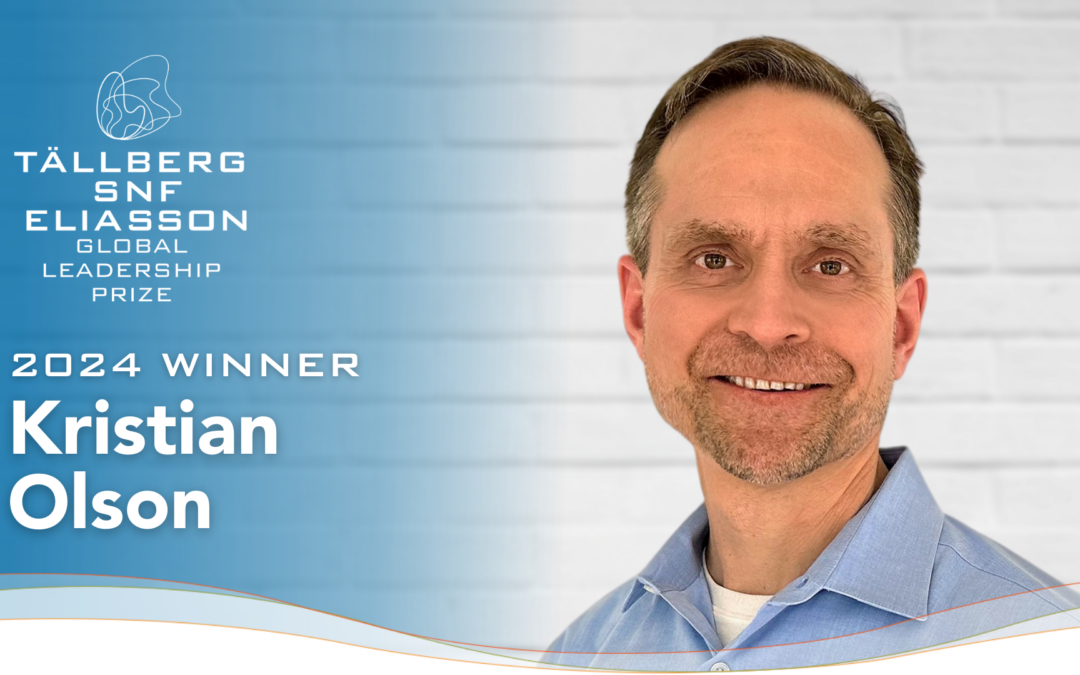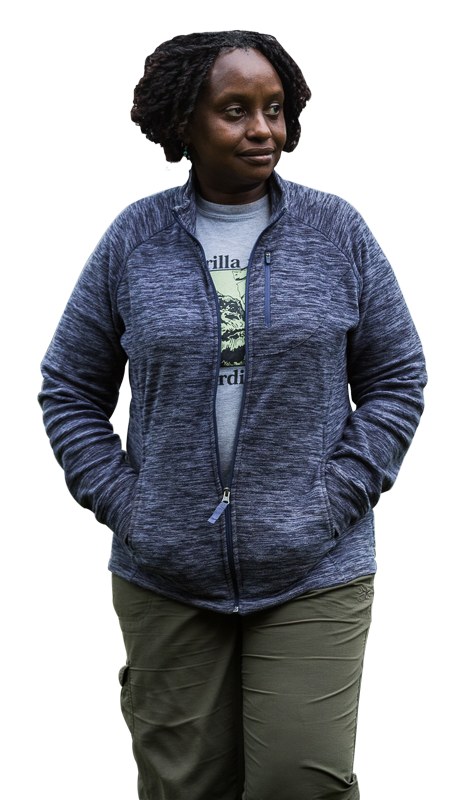A Doctor Who Listens
Dr. Kristian Olson’s leadership is founded on a simple yet transformative idea: the people closest to the problems often have the best solutions. As an Internist, Pediatrician, public health expert, educator, and innovator, Olson has spent his career empowering frontline healthcare workers and patients to design solutions that address their most pressing needs.
Internist, Pediatrician
Whether in refugee camps in Thailand or leading cutting-edge initiatives in the United States, Olson’s work is driven by the belief that the best ideas come from those who experience challenges firsthand. “The real innovation happens when you listen to the people who are living and working in the system every day,” he says.
A Global Vision for Healthcare Solutions
Early in his career, Olson found himself on the Thai-Burmese border as the sole doctor in two refugee camps, an experience that shaped his approach to healthcare innovation. “I quickly realized I wasn’t the only healthcare provider—there were brilliant local practitioners who knew the needs of their community far better than I did,” he recalls. This experience convinced him of the power of local knowledge in driving impactful solutions.
Olson has carried this lesson with him through his leadership of the Consortium for Affordable Medical Technologies (CAMTech), an initiative that fosters collaboration between healthcare workers, engineers, and patients to develop low-cost solutions for global health challenges. “When you ask people what they really need, and not just rely on what you think they need, the solutions are often far more elegant and effective,” he explains.
Transforming Healthcare Through Collaboration
At the heart of Olson’s work is collaboration. He understands that solving complex healthcare problems requires bringing together a diverse range of perspectives. CAMTech, began as a public-private partnership, has spun off more than 36 innovation-based companies, well over 100 health care solutions, and, within CAMTech Uganda alone, has led to the generation of more than 200 jobs.
One of the program’s most successful projects is PRISMS (Preventing Infant Lives through SMS), an SMS-based support system for birth attendants in rural Uganda. Essentially, it was discovered that village-based health care providers were being confronted with too many infants struggling to survive and referring them to central facilities. The resulting time-lapse before appropriate treatment could be delivered resulted in far too many fatalities. The solution was an SMS-based decision support system that allowed even the most rural provider to input symptoms and signs and be guided by targeted advice that enabled initiation of treatments in real-time. The program, developed with local Pediatric inputs, has reduced infant mortality rates, has dramatically decreased unnecessary referrals and is expanding across East Africa.
A Platform for Design Thinking in Healthcare
Olson’s work at the Springboard Studio, a design-thinking platform he leads at Mass General Brigham’s health system, is another example of his commitment to innovation. Here, healthcare workers and patients come together to co-create solutions for healthcare challenges, proving that even in resource-rich settings, the best ideas often come from those who live with the problems.
“It’s about bringing together different voices—whether they are doctors, patients, front office staff, or technicians—and helping them collaborate in new ways,” Olson explains. “When you do that, you can solve problems that seemed impossible before.”
A Leader with Global Impact
Olson’s leadership transcends borders. From refugee camps to leading healthcare institutions, his focus has remained the same: empowering the people who are closest to the problem to create lasting, scalable solutions. His approach is transforming how healthcare challenges are addressed, offering a model for innovation that centers the voices of those most affected.



He is amazing
Congratulations Kris – so well deserved!